10 Best Herbal Lotions For Pimples
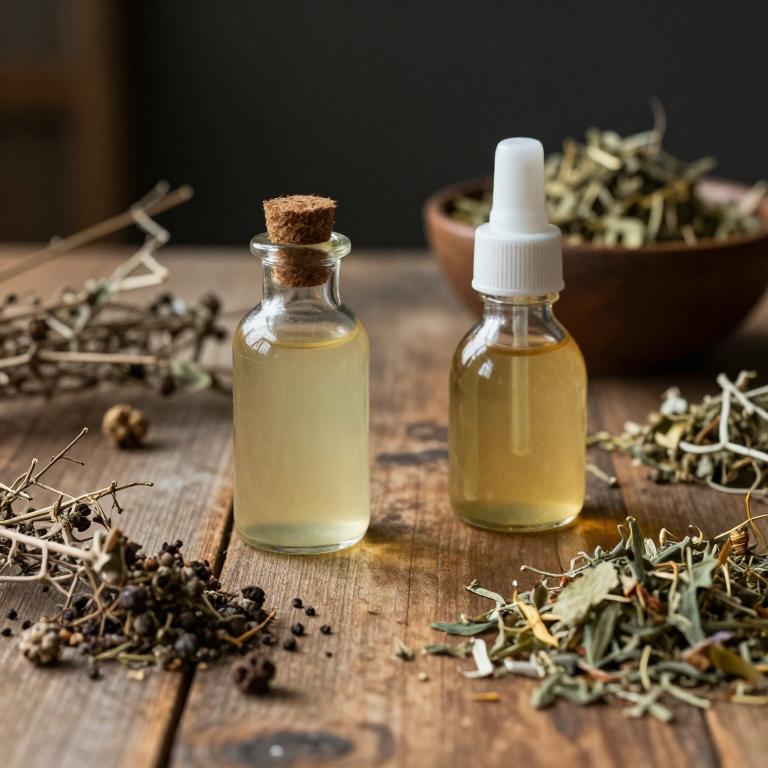
Herbal lotions for pimples are natural skincare products that incorporate plant-based ingredients known for their anti-inflammatory and antibacterial properties.
These lotions often contain herbs like neem, chamomile, green tea, and calendula, which help to soothe irritated skin and reduce acne-causing bacteria. They are a popular alternative to chemical-laden treatments, appealing to those seeking gentle, holistic skincare solutions. Regular use of herbal lotions can help calm redness, reduce swelling, and promote clearer skin without the risk of harsh side effects.
However, it is important to patch test these products to ensure they are suitable for individual skin types and do not cause allergic reactions.
Table of Contents
- 1. Marigold (Calendula officinalis)
- 2. Aloe vera (Aloe barbadensis)
- 3. St. john's wort (Hypericum perforatum)
- 4. Ginger (Zingiber officinale)
- 5. Dog rose (Rosa canina)
- 6. Cancer bush (Sutherlandia frutescens)
- 7. Salvia (Salvia officinalis)
- 8. Chamomile (Matricaria chamomilla)
- 9. Centella (Centella asiatica)
- 10. Echinacea (Echinacea purpurea)
1. Marigold (Calendula officinalis)

Calendula officinalis, commonly known as pot marigold, is a popular herbal ingredient used in the formulation of topical lotions for treating pimples.
These lotions are valued for their anti-inflammatory and antimicrobial properties, which can help reduce redness, swelling, and bacterial infection associated with acne. The soothing nature of calendula can also help calm irritated skin and promote healing. Many natural skincare brands incorporate calendula officinalis into their acne-fighting products due to its gentle yet effective action.
However, it is important to patch test before using calendula-based lotions, as some individuals may experience allergic reactions.
2. Aloe vera (Aloe barbadensis)
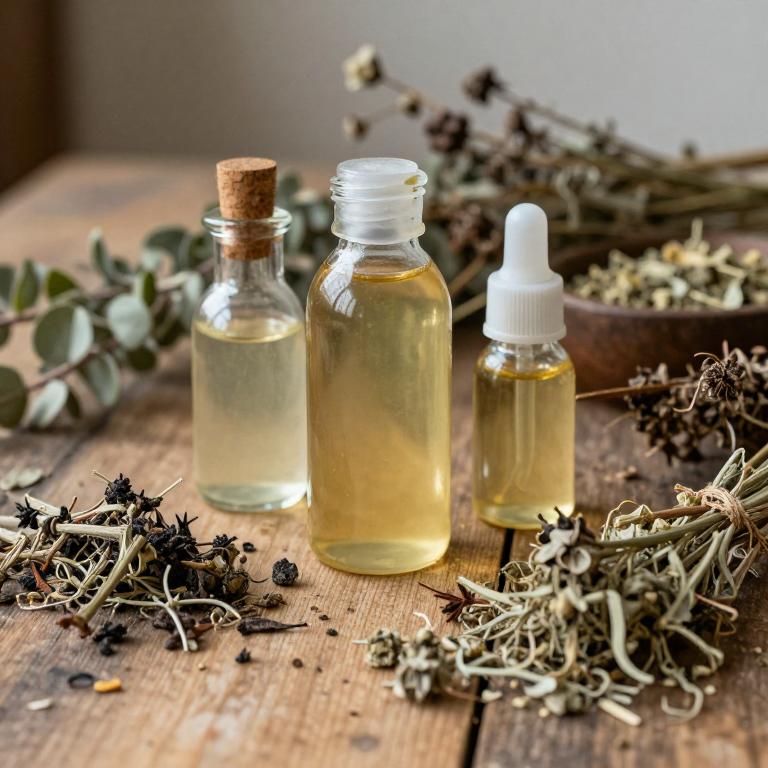
Aloe barbadensis, commonly known as aloe vera, is a popular herbal ingredient used in lotions designed to treat and prevent pimples.
These lotions are valued for their soothing and anti-inflammatory properties, which can help reduce redness and swelling associated with acne. Aloe vera contains enzymes that may help exfoliate the skin gently, promoting clearer skin without causing irritation. It also has moisturizing benefits that help maintain skin hydration without clogging pores.
Overall, aloe barbadensis herbal lotions are a natural and effective choice for those seeking gentle, acne-friendly skincare solutions.
3. St. john's wort (Hypericum perforatum)
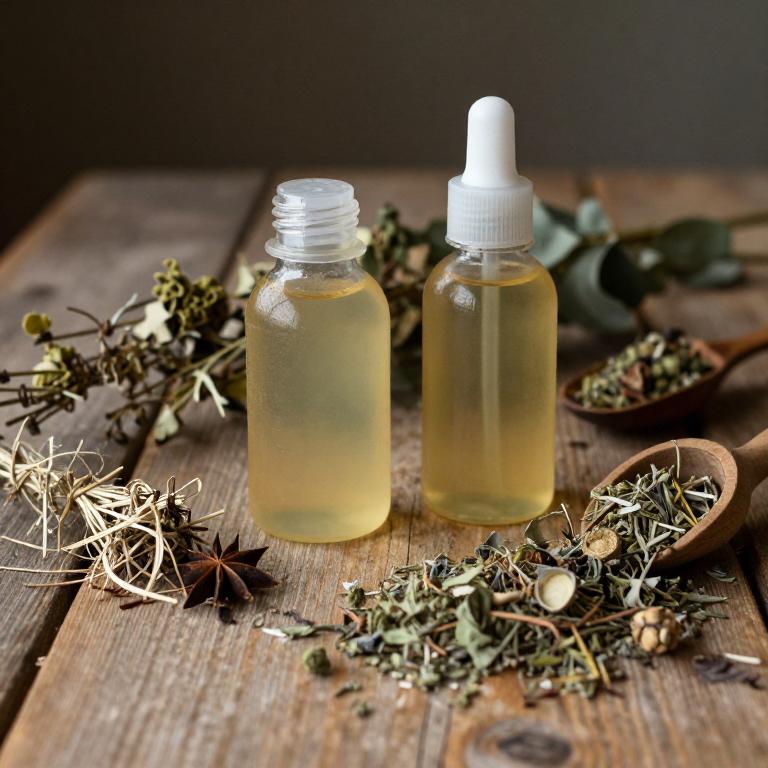
Hypericum perforatum, commonly known as St. John's Wort, is a herbal plant that has been traditionally used for its medicinal properties, including its potential benefits for skin health.
While it is well-known for its use in treating mild depression, some formulations of St. John's Wort are also used in herbal lotions to address skin conditions such as pimples. These lotions may contain extracts that have anti-inflammatory and antimicrobial properties, which can help reduce redness, swelling, and bacterial growth associated with acne. However, it is important to note that the effectiveness of St. John's Wort for treating pimples can vary, and it should be used with caution, as it may interact with certain medications.
As with any herbal remedy, it is advisable to consult a healthcare professional before incorporating St. John's Wort lotion into a skincare routine.
4. Ginger (Zingiber officinale)

Zingiber officinale, commonly known as ginger, has been traditionally used for its anti-inflammatory and antimicrobial properties, making it a valuable ingredient in herbal lotions for treating pimples.
These lotions often incorporate ginger extract to help reduce redness, swelling, and bacterial growth associated with acne. The active compounds in ginger, such as gingerol and shogaol, may help regulate sebum production and promote skin healing. Using zingiber officinale herbal lotions can be a natural alternative for those seeking to manage mild to moderate acne without harsh chemical ingredients.
However, it is important to perform a patch test and consult a dermatologist to ensure suitability for individual skin types.
5. Dog rose (Rosa canina)
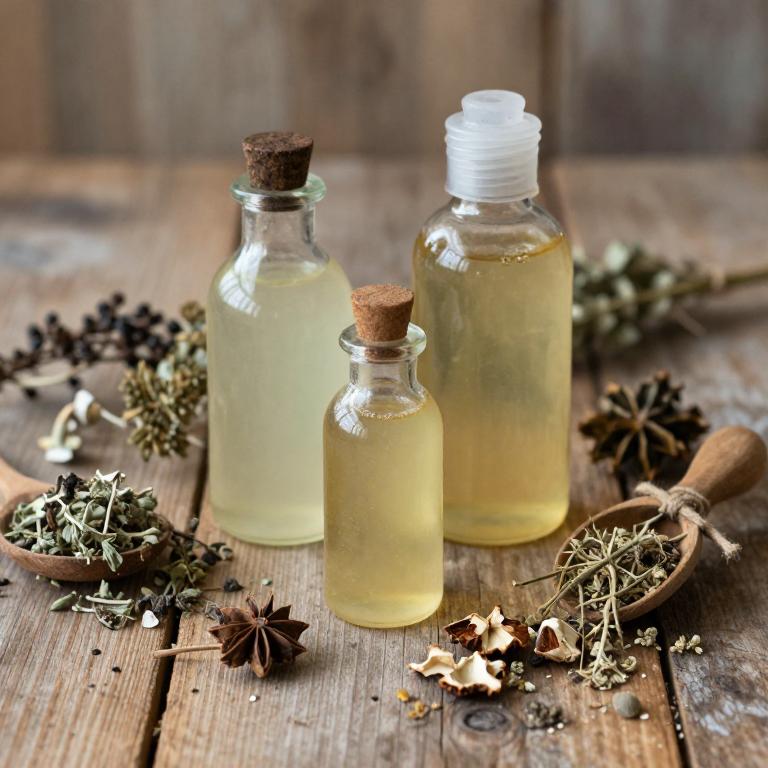
Rosa canina, also known as dog rose, is a traditional herbal remedy that has been used for centuries to support skin health.
Rosa canina herbal lotions are formulated with the dried fruits of the rose plant, which are rich in vitamins, antioxidants, and essential fatty acids. These lotions are often used to treat acne and pimples due to their anti-inflammatory and antimicrobial properties. The soothing and nourishing effects of Rosa canina help to calm irritated skin and promote a clearer complexion.
When applied topically, these lotions can help reduce redness, swelling, and the appearance of blemishes, making them a natural alternative for those seeking gentle skincare solutions.
6. Cancer bush (Sutherlandia frutescens)
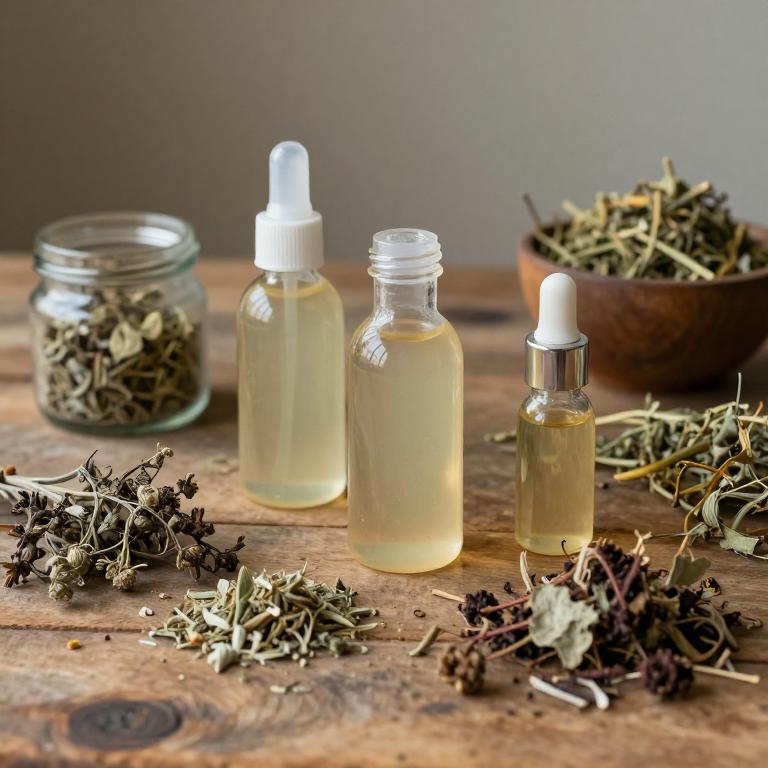
Sutherlandia frutescens, commonly known as the "cancer bush," is traditionally used in African herbal medicine for its potential anti-inflammatory and immune-boosting properties.
While primarily recognized for its role in cancer support, some practitioners suggest it may also be beneficial for skin health, including the treatment of pimples. Herbal lotions containing Sutherlandia frutescens are believed to help reduce redness, swelling, and bacterial growth associated with acne. These lotions are typically made by infusing the plant's leaves or roots in a carrier oil or water-based solution.
However, it is important to consult with a healthcare professional before using Sutherlandia frutescens for skin conditions, as its safety and efficacy for acne are not yet fully established in scientific studies.
7. Salvia (Salvia officinalis)
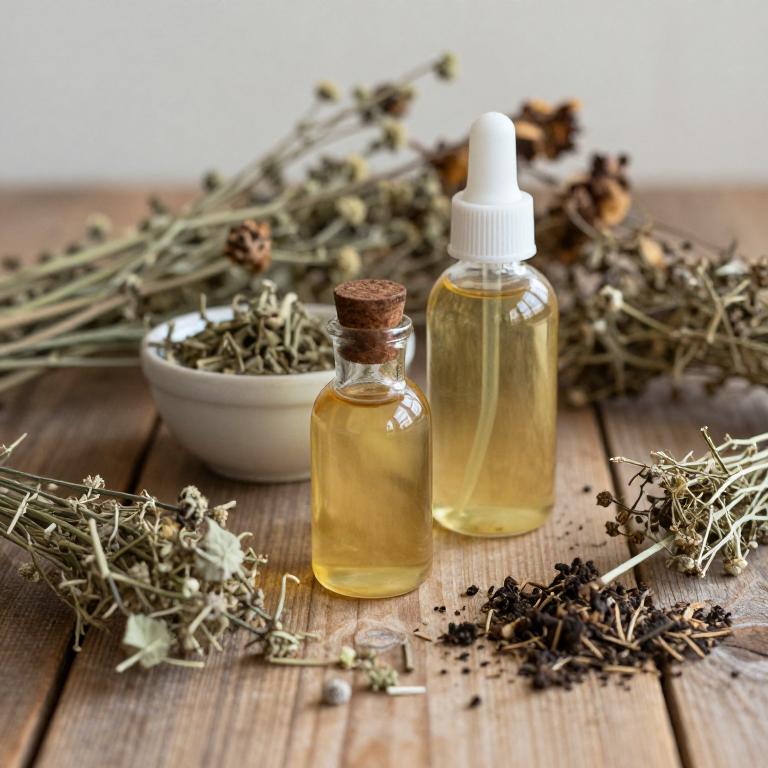
Salvia officinalis, commonly known as sage, is a versatile herbal ingredient often used in natural skincare products, including lotions designed for treating pimples.
These herbal lotions typically contain extracts from the leaves of the plant, which are rich in antioxidants, anti-inflammatory compounds, and antimicrobial properties. The anti-inflammatory effects of sage can help reduce redness and swelling associated with acne, while its antimicrobial properties may help combat the bacteria that contribute to breakouts. Sage-based lotions are often favored by those seeking gentle, natural alternatives to conventional acne treatments.
When used consistently, these lotions may support clearer skin by promoting healing and preventing future blemishes.
8. Chamomile (Matricaria chamomilla)
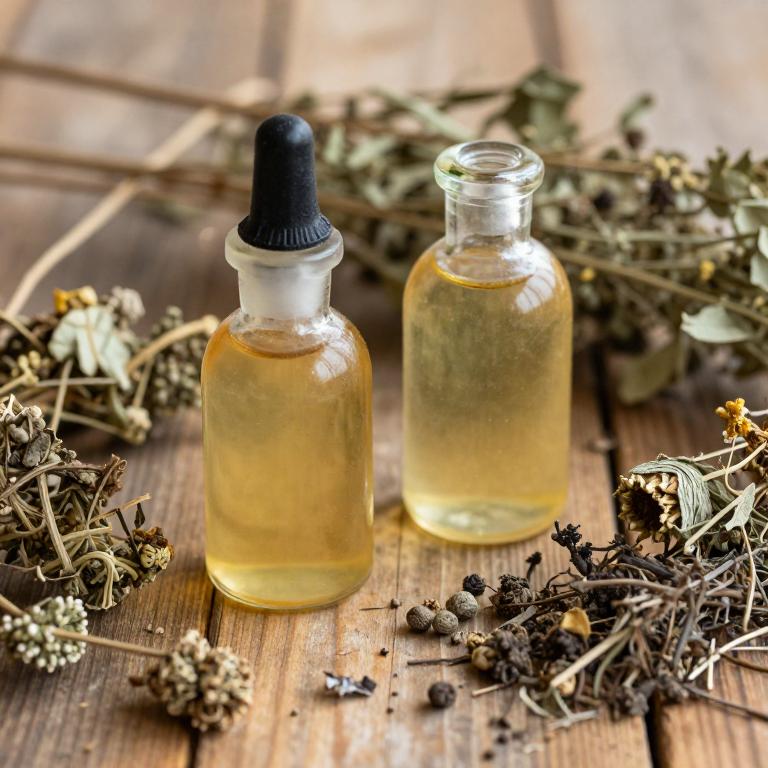
Matricaria chamomilla, commonly known as chamomile, is a popular herbal ingredient used in the formulation of topical treatments for pimples due to its anti-inflammatory and antimicrobial properties.
Chamomile herbal lotions are often infused with essential oils and extracts that help soothe irritated skin and reduce redness associated with acne. These lotions can be applied directly to the skin as a calming compress or used as part of a gentle skincare routine to prevent breakouts. The soothing effects of chamomile make it suitable for sensitive skin, offering a natural alternative to harsh chemical-based acne treatments.
Regular use of chamomile herbal lotions may help improve the overall texture and clarity of the skin while promoting a more balanced complexion.
9. Centella (Centella asiatica)
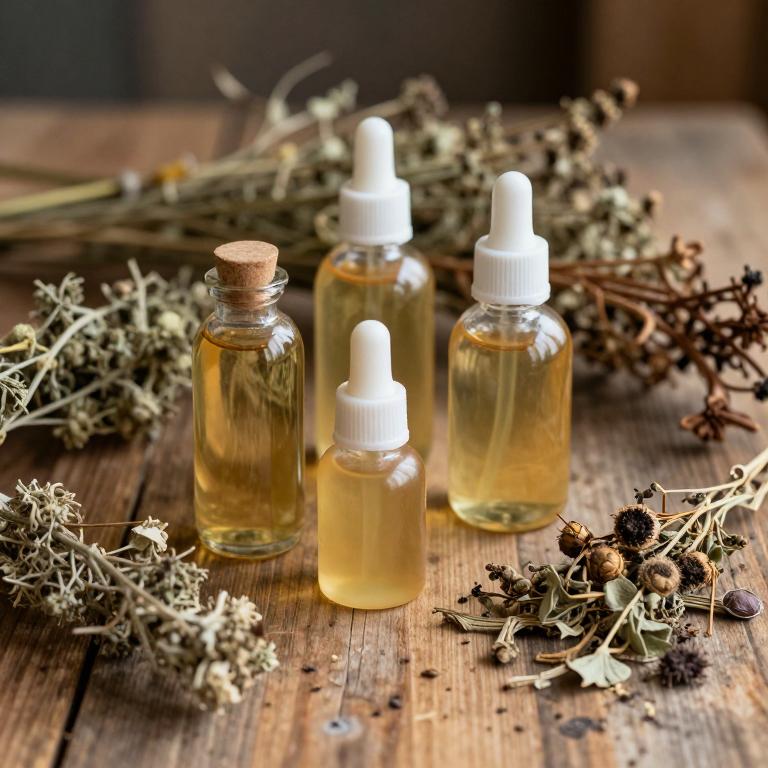
Centella asiatica herbal lotions are natural skincare products derived from the Centella asiatica plant, commonly known as gotu kola, which is renowned for its healing and anti-inflammatory properties.
These lotions are often used to treat acne due to their ability to soothe inflamed skin and reduce redness associated with pimples. They contain active compounds like asiatic acid and madecassol, which help in promoting skin repair and enhancing collagen production. Regular use of centella asiatica lotion can help in preventing breakouts and improving overall skin texture.
However, it is advisable to perform a patch test before applying it to the entire face to avoid any allergic reactions.
10. Echinacea (Echinacea purpurea)
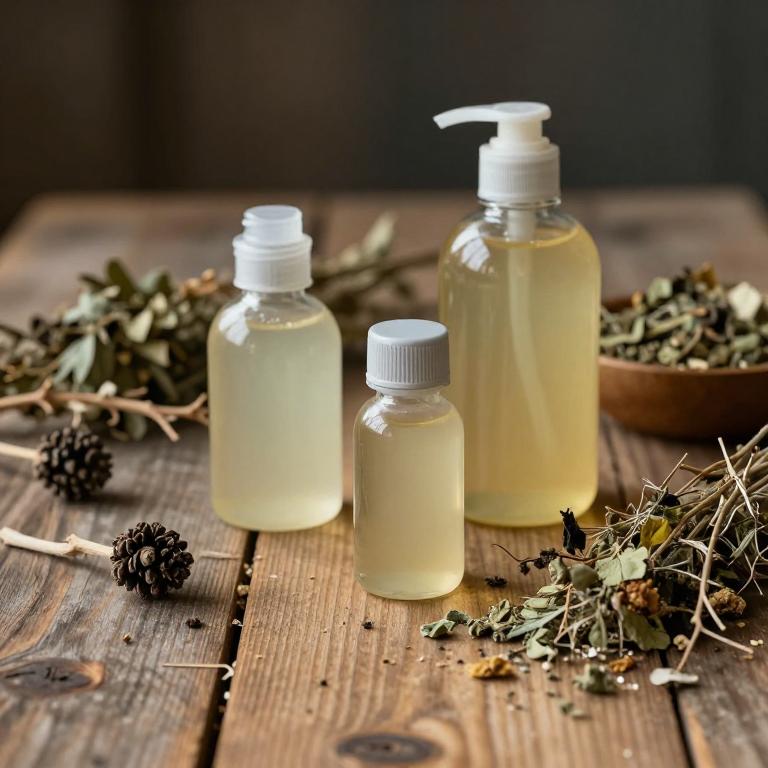
Echinacea purpurea, commonly known as purple coneflower, is a popular herbal ingredient used in various skincare products, including lotions for pimples.
This plant is known for its anti-inflammatory and antimicrobial properties, which may help reduce redness, swelling, and bacterial growth associated with acne. Echinacea purpurea herbal lotions are often formulated with other natural ingredients like aloe vera or tea tree oil to enhance their soothing and cleansing effects. These lotions can be a gentle alternative for those seeking non-chemical treatments for mild to moderate acne.
However, individuals with sensitive skin should perform a patch test before using echinacea-based products to avoid potential irritation.